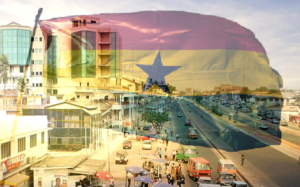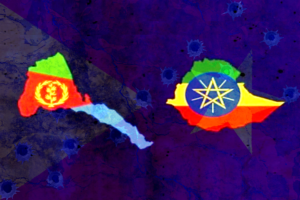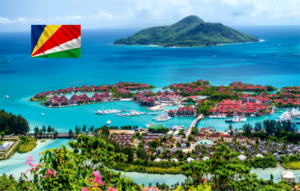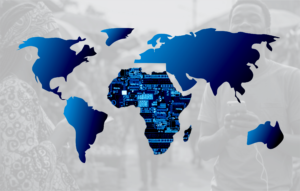Why Africa Must Reclaim Its Future on African Soil; A Review Case Against Foreign-Made Summits
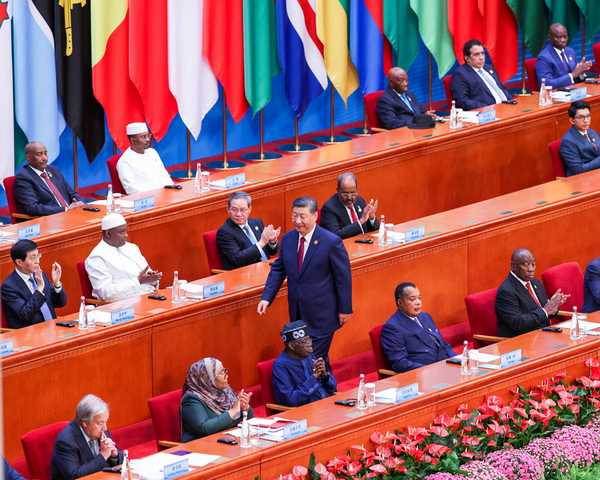
When Tanzanian President Samia Suluhu Hassan addressed delegates at the Forum on China-Africa Cooperation (FOCAC) in Beijing this September, she stood at the lectern of yet another foreign capital that hosted Africa’s leaders for African developmental discuss. Cameras captured handshakes, speeches and pledges of renewed cooperation. But behind the symbolism lies a pressing question: why does a continent of over 1.4 billion people, with abundant resources and the African Union (AU) as its institutional anchor, continue to deliberate its destiny abroad?
In recent decades, Africa’s leaders have repeatedly boarded planes to Tokyo, Beijing, Paris, Washington, Russia, Rome, etc., for summits that promises partnership. Japan’s TICAD 9 offered loans of $5.5 billion, training for over 30,000 students, artificial intelligence aspirations, and proposals for new trade zones. China’s FOCAC emphasized infrastructure and energy. France, the U.S. and others host their own gatherings.
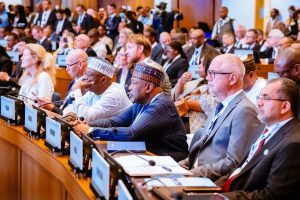
These initiatives are not without merit. Ports, highways, and scholarships provide tangible benefits. Yet the framework is often transactional and piecemeal, producing dependency rather than transformation. Leaders return with isolated projects – a hospital here or a training program there, but not with the continent-wide strategies envisioned in the AU’s Agenda 2063 or the African Continental Free Trade Area (AfCFTA).
The result is a paradox: Africa’s economic potential is vast, but its bargaining power remains fragmented. Fifty-five voices often compete for attention abroad rather than speaking as one.
The consequences of this pattern ripple into the lives of ordinary Africans. Families bear the cost of fragmented development through inadequate infrastructure, limited energy access, and slow job creation. Youth, the continent’s greatest asset, with a median age under 20, often see scholarships or training programs reserved for a select few, while broader systemic opportunities remain absent.
This dependency model shapes cultural narratives too. Each foreign summit reinforces the image of African leaders as guests seeking validation, rather than hosts shaping a common future. The symbolism undermines confidence in local institutions and widens the gap between citizens and decision-makers.
Regionally, Africa’s lack of coordinated economic diplomacy undercuts initiatives such as AfCFTA, which promises to create the world’s largest free trade zone by population. Without unified bargaining, industrial corridors, energy grids, and digital platforms remain underdeveloped, leaving cross-border trade hampered by poor logistics and fragmented standards.
Globally, Africa risks being defined by others in a shifting world order. The competition for critical minerals, renewable energy, and digital governance is intensifying. While Europe seeks green partnerships, China invests in infrastructure, and the U.S. pursues security alliances, Africa has yet to hold a single continental summit to define its stance. The absence of such a platform weakens the continent’s collective role in shaping global rules for climate, technology, and trade.
Ironically, African leaders already recognized the need for transnational reform. In 2020, the AU adopted Decision 762 (XXXIII), mandating that only streamlined delegations such as the AU Bureau, regional bloc representatives and AU Commission leadership, should be the ones to attend external summits. The goal was to project unity, reduce costs and protect dignity. But in practice, the decision has been ignored. Heads of state still travel en masse to foreign capitals, often with more enthusiasm than they show for the AU Summit in Addis Ababa. The principle of continental unity has given way to the lure of photo opportunities and fragmented bilateral deals.
The way forward, analysts argue, requires bold shifts. Africa must strengthen its bargaining power by negotiating as a bloc, not as 55 separate supplicants. That means prioritizing large-scale collective initiatives: regional transport corridors, Africa-wide energy grids, green industrial parks, and digital integration. Such projects would not only align with Agenda 2063 but also reshape the continent’s economic sovereignty.
It also means placing citizens at the center. Families and youth need inclusive policies that create mass opportunities, not token scholarships. Civil society and private sectors must be embedded into decision-making, ensuring that diplomacy abroad reflects the aspirations of Africans at home.
As global power blocs shift and new economic paradigms emerge, Africa stands at a crossroads. Continuing the cycle of ritualized dependence risks consigning future generations to the margins of global decision-making. But reclaiming the AU mandate, enforcing streamlined representation, and convening Africa-owned summits could reposition the continent as an equal partner in shaping the 21st century.
The choice is stark. Africa can keep competing for fragmented pledges in foreign capitals — or it can build sovereignty through collective action on its own soil. The future cannot be outsourced.
Source: Désiré Assogbavi, Ruth Omondi


